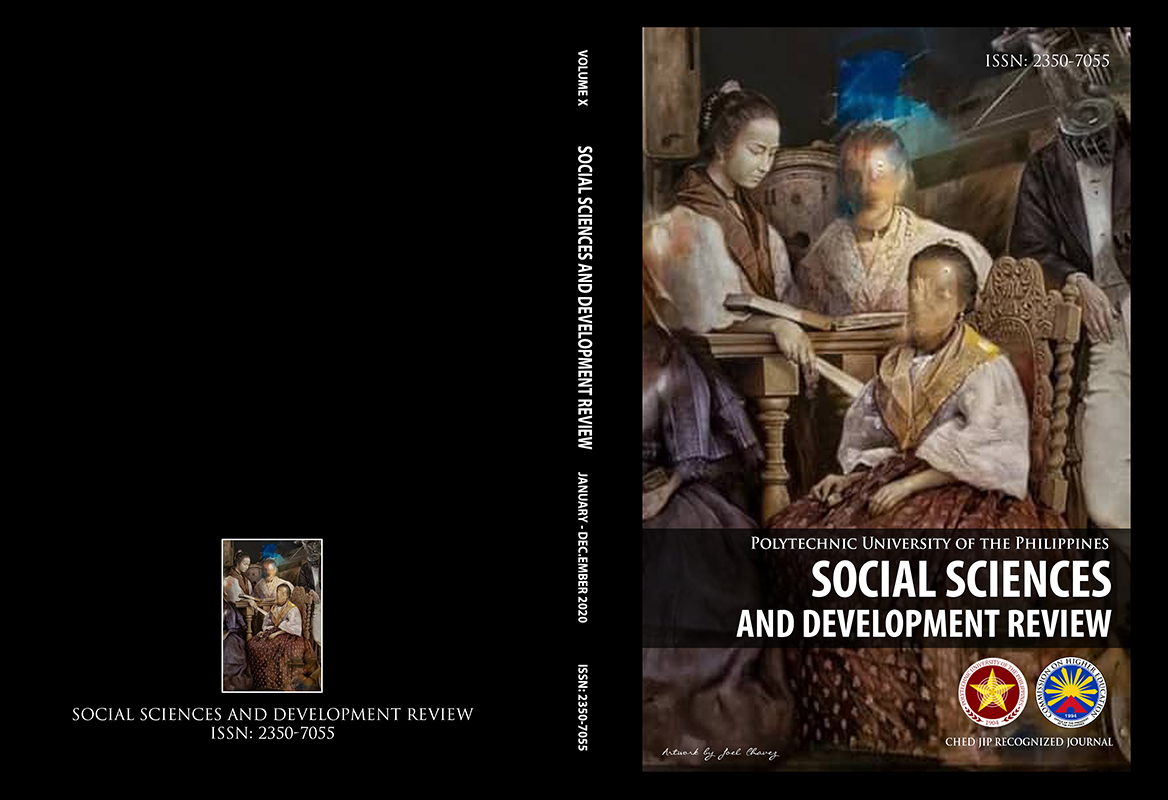Land-Based Employment Agencies as Modern Brokers: A Study on the Recruitment Strategies for Overseas Filipino Workers
DOI:
https://doi.org/10.70922/60wpxr76Keywords:
labor migration, brokerage, recruitment strategies, Overseas Filipino Workers, employment agenciesAbstract
This study is focused on identifying the recruitment practices of land-based employment agencies in the Philippines. It employed a qualitative research design, particularly the case study approach. Data collection techniques include key-informant interviews and in-depth interviews, with a total of 30 participants selected through chain referral sampling. Results showed three general types of recruitment strategies, namely: (1) Applicant initiated recruitment strategy; (2) Employment agency-initiated recruitment strategy; and (3) Government initiated recruitment strategy. For the applicant-initiated recruitment strategy, walk-in was the only identified recruitment practice. For the employment agency-initiated recruitment strategies, the common recruitment practices were computer mediated recruitment, print-related recruitment, location-based recruitment, and referral-dependent recruitment. Lastly, for the government initiated recruitment strategy, job fair was the common recruitment practice. The best utilized and least effective methods of recruitment by employment agencies for each worker category recruited were identified and discussed.
Downloads
References
Downloads
Published
Issue
Section
License
Copyright (c) 2020 Minami O. Iwayama (Author)

This work is licensed under a Creative Commons Attribution-NonCommercial 4.0 International License.
Articles published in the SOCIAL SCIENCES AND DEVELOPMENT REVIEW will be Open-Access articles distributed under the terms and conditions of the Creative Commons Attribution-Noncommercial 4.0 International (CC BY-NC 4.0). This allows for immediate free access to the work and permits any user to read, download, copy, distribute, print, search, or link to the full texts of articles, crawl them for indexing, pass them as data to software, or use them for any other lawful purpose.


